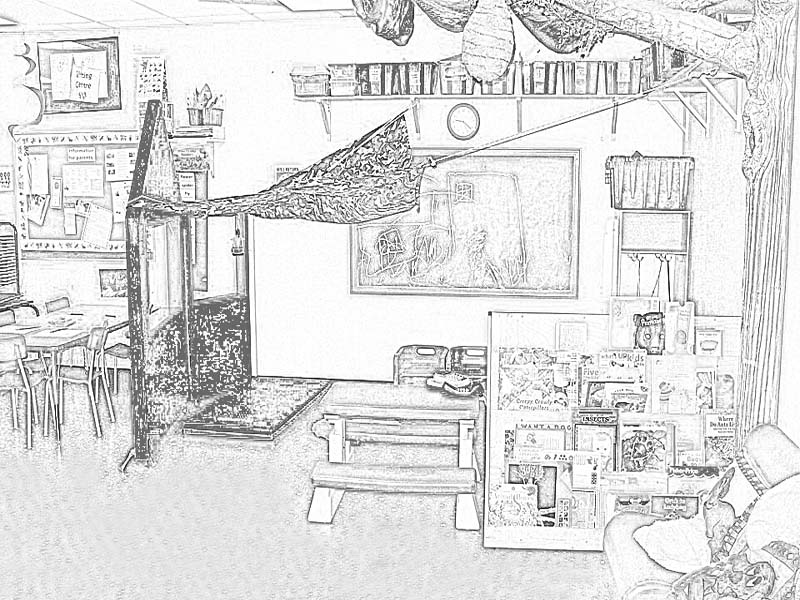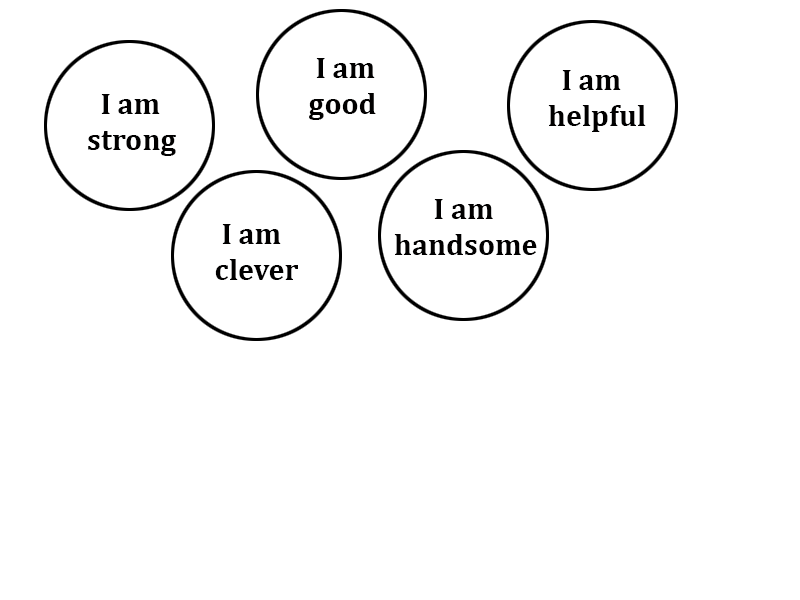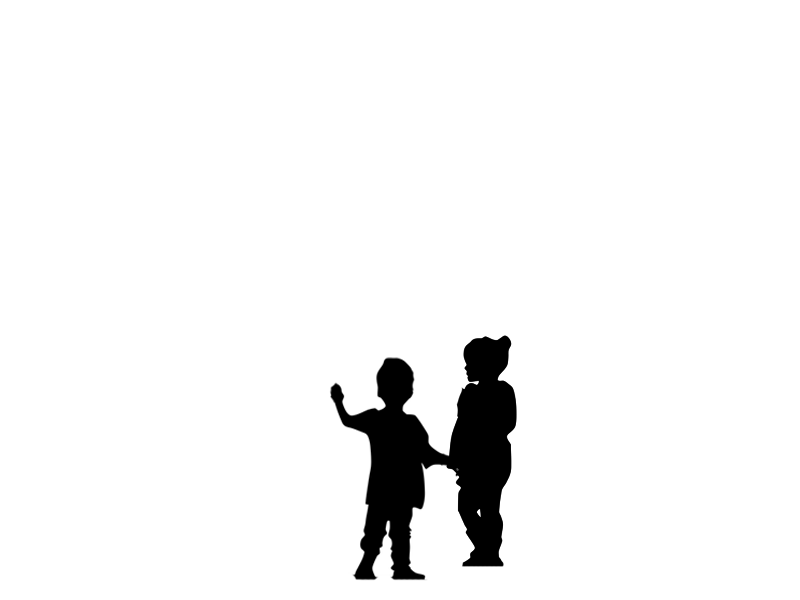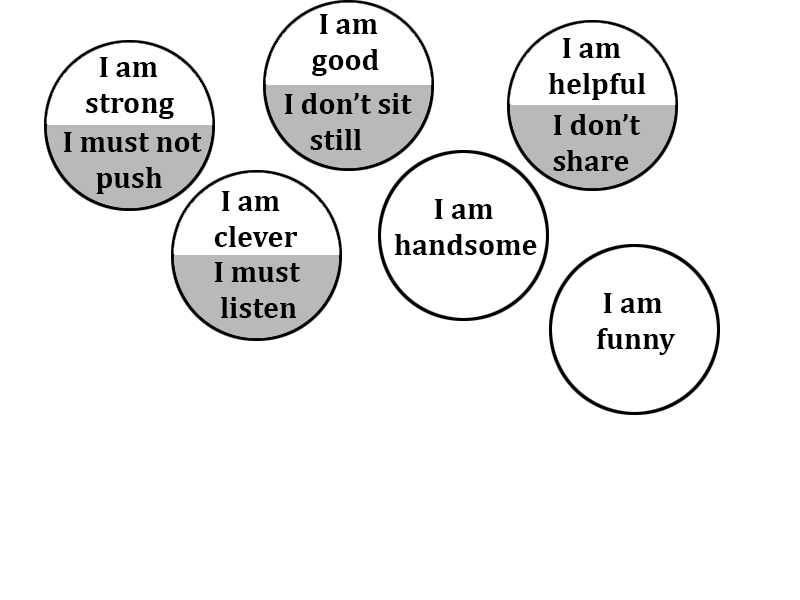Understanding of self
George Herbert Mead proposed a development theory of self that suggests that how we see ourselves is formed by how others perceive us and their reactions.
In the earlier years, the child’s idea of "me" is formed from a memory of their actions and the associated response. For example, "I put my toy away and mummy told me I was good", therefore good is associated with self. As they grow older within this age range the reactions of others, such as a pre-school teacher or peers, will start to influence a child in addition to parents. For example, if a child is continually told they are beautiful by their parents this is likely to become part of their self–image. It is then through others’ reactions that the child will learn if this is true or not.
Children also develop an understanding of adult behaviours and roles. Children in this age group start role playing mummies and daddies or doctors and nurses. Finally, in the later stages of this age range, children begin to understand themselves in relation to others. This can be also seen in their games and how they understand the roles of others in those games.
Select the buttons below to see how Fin's sense of self develops at home and at preschool.
At home Fin’s Mum says to Fin,
You are a good boy for helping me in the garden. You are so strong.
Fin’s Dad says to Fin,
That's so clever. You know all the words for that song.
Fin’s Grandma says to Fin,
You are my handsome big boy.
Fin thinks of himself,
I am good, I am helpful, I am handsome, I am strong and I am clever.
At preschool Mrs Thom says,
You need to practice sitting still, you need to listen more carefully, you need to finish what you start and that's a good effort.
Fin’s playmates say,
Don’t push that's mean, I'm not your friend 'cos you don't share, you are funny, you make me laugh and you can't come to my party 'cos you're big and you push.
Fin thinks,
I'm funny, I'm helpful, I don't listen and I'm strong.
Some of Fin's identity is confirmed, some is forced to change and other qualities are added to his sense of self.










